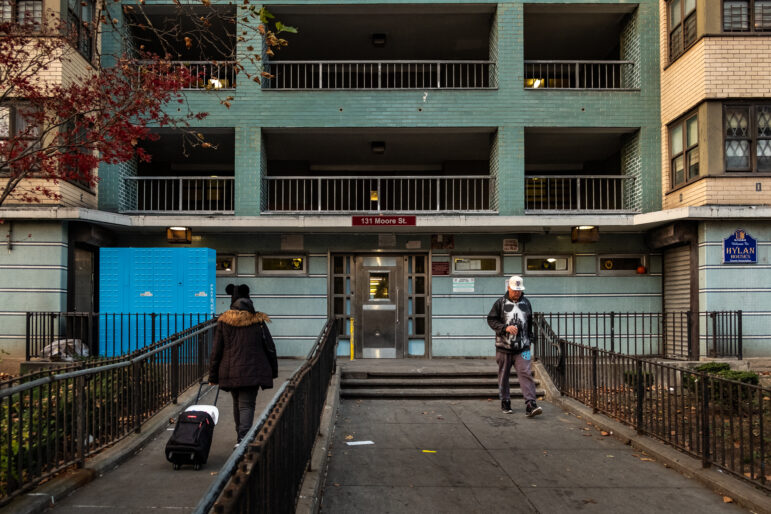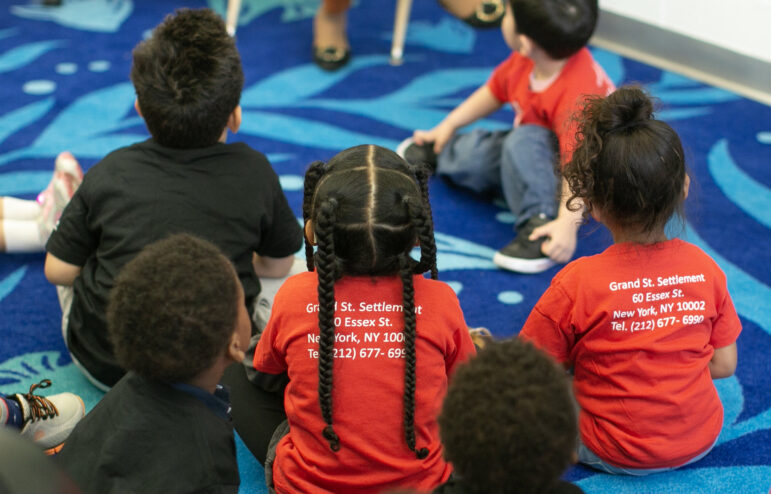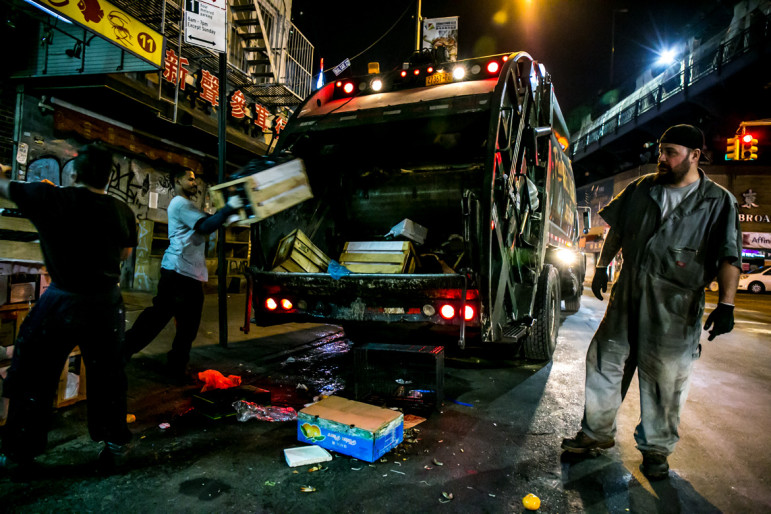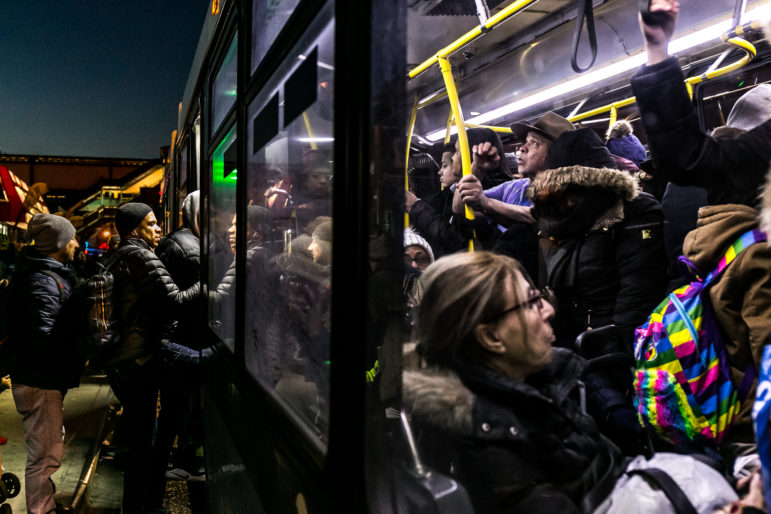For-profit developers from Long Island are using a federal housing program to turn Harlem and Brooklyn into cash machines, City Limits has learned. In the process, inexperienced nonprofits have wound up paying a steep markup for run-down housing–and some have found themselves getting drowned in expensive foreclosures to boot.
The developers’ money magnet is the federal Department of Housing and Urban Development’s 203(k) program. Through this mortgage loan initiative, the agency underwrites the purchase and rehab of run-down buildings by nonprofits, encouraging housing development in urban neighborhoods. But in New York, the program has lead to abuses that range from profiteering to outright fraud.
For example, Larry Nelson signed up for the loan program so that his Long Island church-based housing group could fix up buildings for low-income tenants. He never imagined he would make his realtor, No Exit Place Realty, hundreds of thousands of dollars. As part of a complex purchase and mortgage deal, the realty bought crumbling Harlem buildings and sold them to Nelson for instant profit. Two buildings purchased for $130,000, for example, were sold to Nelson within days for $262,000 and $200,000.
“As a nonprofit organization I really lost money,” Nelson said. “It’s totally legal, but it just doesn’t sit right. These profits should be channeled to people who need affordable housing, not lining their pockets.” The end result, said Nelson, is that poor or middle-class families won’t be able to afford them.
The realty’s attorney defends the markups. “[Nelson] may not be getting the same deal that [No Exit Place] got. That’s the nature of real estate investment,” said Andrew Graynor, of Mineola-based Graynor & Graynor. “No one is forcing them to buy.” But compared with how other nonprofits fared using 203(k) loans, Nelson got off relatively well. Some groups buying from other Graynor & Graynor clients paid $250,000 to $300,000 for Harlem properties that the realties had bought for as little as $20,000.
CLA Inc., the appraiser that okayed Nelson’s purchases under the loan program, has also appraised 99 Brooklyn homes for the nonprofit Helpline Soul Rescue Ministries, which got involved in 203(k) loans two years ago. All those properties are now heading for default. Helpline was introduced to this appraiser through Mortgage Lending of America, a lending company which has since banned by HUD.
“[Nonprofits] are literally being exploited until they wake up and are left with buildings they can’t sell,” said Ginnie Philips, Helpline’s executive director.
For the full story on this program, which HUD knew years ago was ripe for fraud, see the current issue of City Limits, where Senior Editor Kemba Johnson gives the details.
Conventional thinking says that the best criminal justice begins at home. But what happens when the NYPD tries to turn civilians into cops and a court invades Red Hook? And….Phil Gramm is spinning the Senate-and the truth-in his personal war against the Community Reinvestment Act, the law that’s led to millions of dollars in loans to New York neighborhoods.








